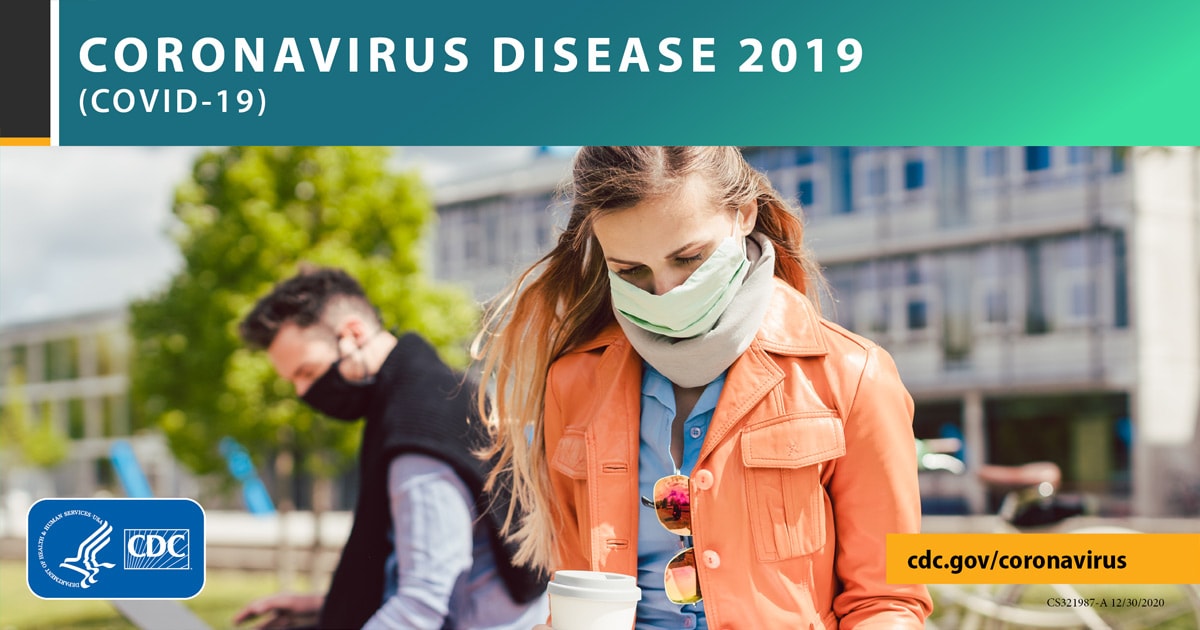GoofGoof
Premium Member
Past 7 days: 25,657 positive or 3,665 per day averageNumbers are out - there were 56 new reported deaths.
View attachment 508684View attachment 508685View attachment 508686View attachment 508687
Previous 7 days: 21,178 positive or 3,025 per day average
Increase of 21% week over week
If we go out 14 days:
Past 14 days: 46,835 positive or 3,345 per day on average
Previous 14 days: 34,921 positive or 2,494 per day on average
Increase of 34%


